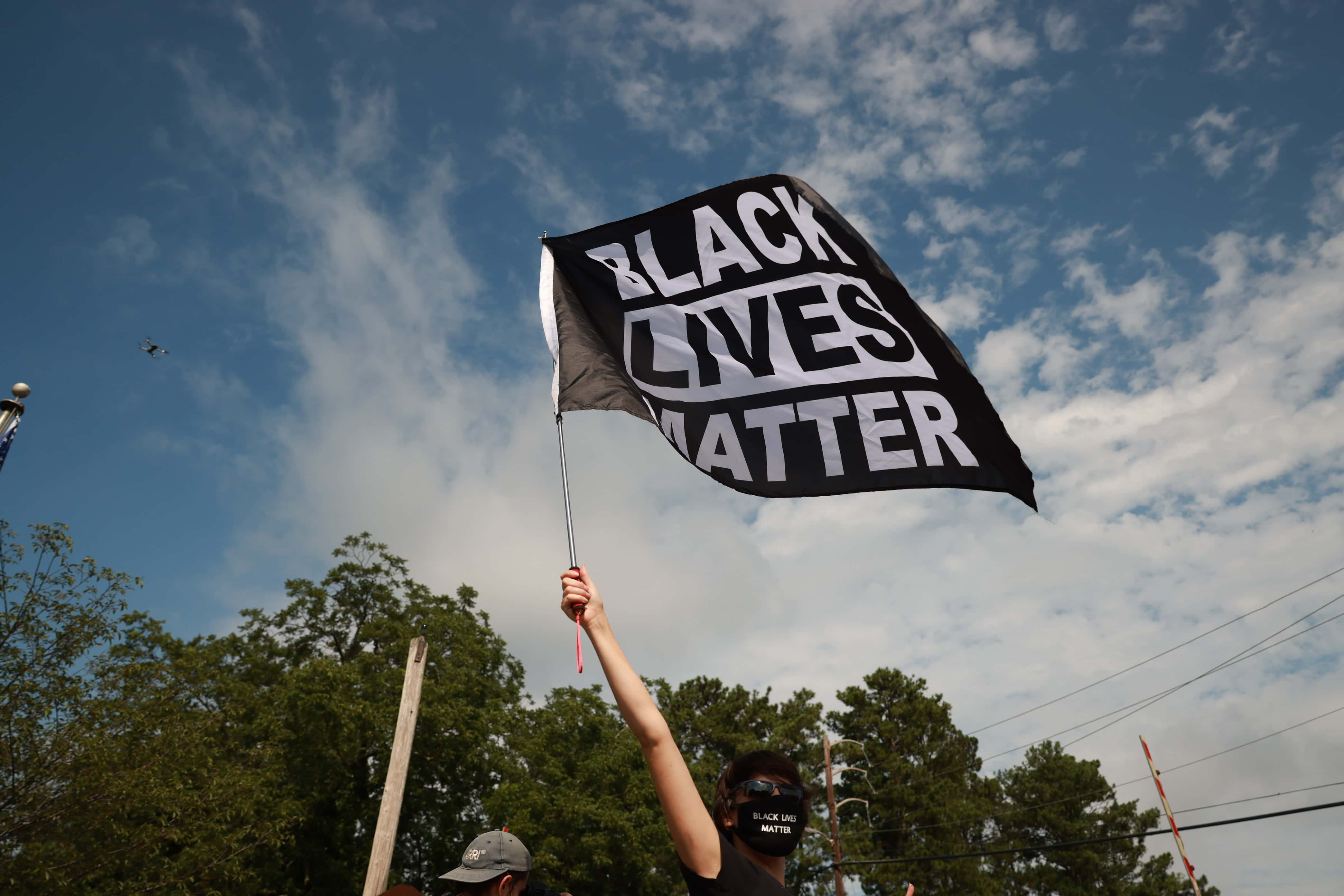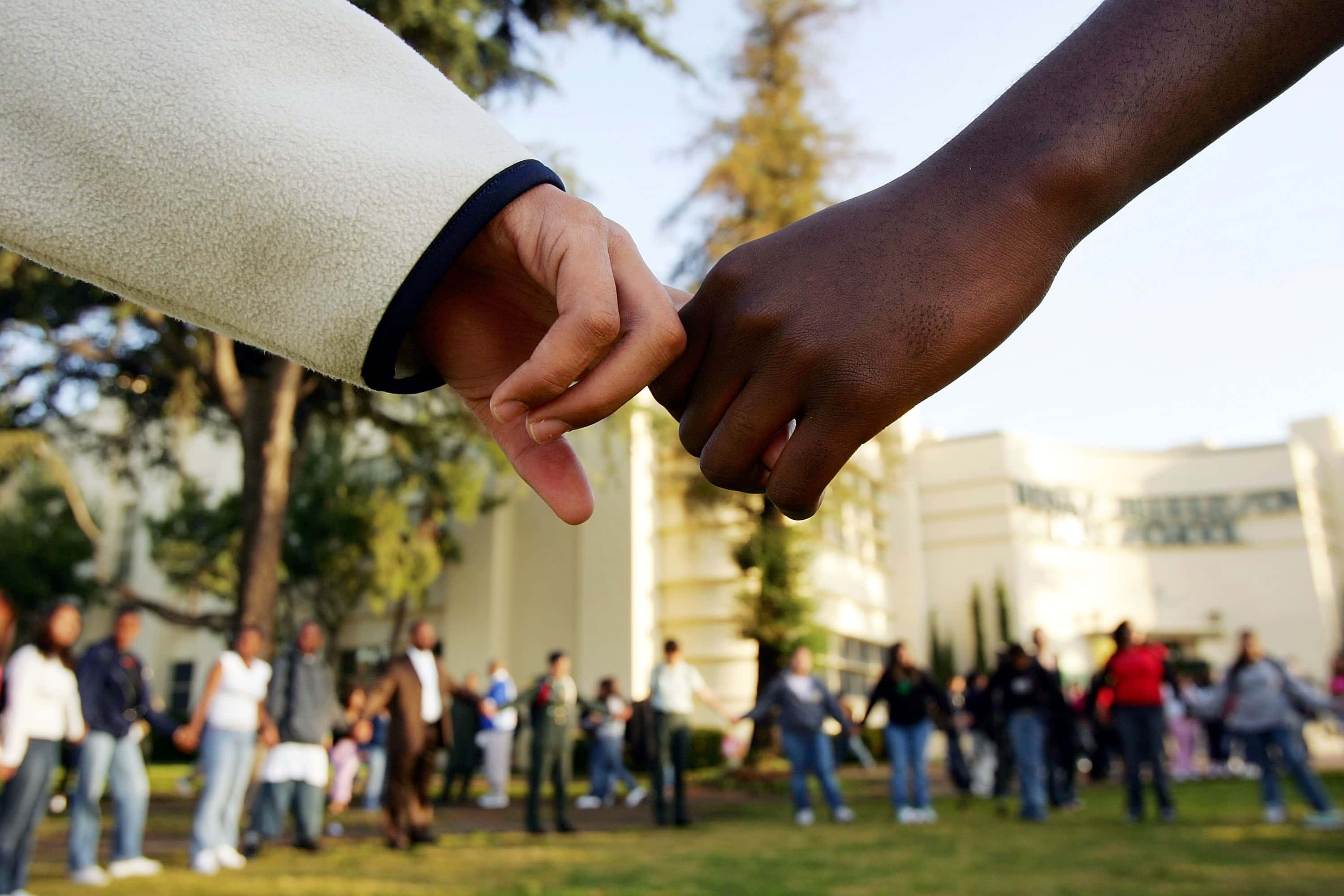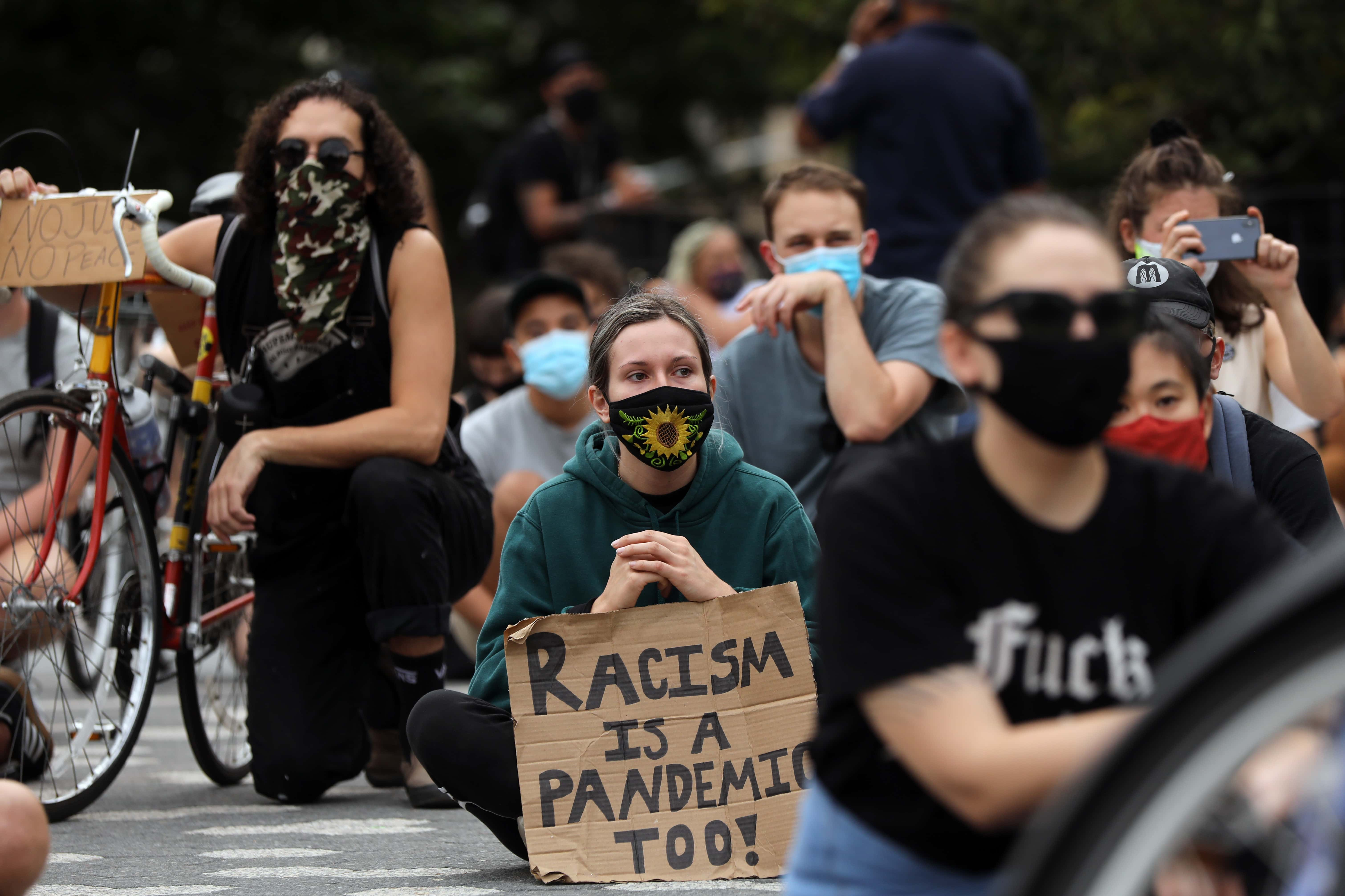What is critical race theory? Here's why Republicans call it 'un-American' and want to ban it from schools

Florida Governor Ron DeSantis announced on March 17, 2021: "There is no room in classrooms for things like critical race theory". Weeks later, on March 29, a Texas state lawmaker introduced a bill to ban "critical race theory" from public schools. On March 30, a Rhode Island state lawmaker introduced a similar bill. Across the nation, Republicans are slowly and steadily attacking the very foundations of education on race and racism, targeting CRT in particular.
This attack isn't new. In September 2020, former President Donald Trump's administration issued a directive to federal agencies to stop all training that relies on CRT. Reportedly, this was an institutionalized attack by Republicans on educating Americans about race. Attacking CRT, in particular, can be an effective way to end meaningful discussions around racism. Following this movement helps Americans understand why it is a vital part of every child's education and why the GOP is targeting it, and what they hope to achieve. Let's deep dive into understanding CRT itself.
RELATED ARTICLES

'Accepting the presence of white supremacy, understanding the role of racism and acknowledging racism'
Critical race theory can be seen as a movement, not just a system of education. In its most basic form, CRT helps people recognize the effects of historical racism in modern American life. It originated in the 1980s, as a sub-field of legal studies. Kimberlé Crenshaw and Derrick Bell are widely considered to be the founders of CRT. Back then, the duo used CRT to address how the conditions of African-American communities had not improved despite civil rights legislation. Over the years, it has advanced from a field of legal studies to become a key way to understand society as a whole.
“It’s an approach to grappling with a history of white supremacy that rejects the belief that what’s in the past is in the past, and that the laws and systems that grow from that past are detached from it," Crenshaw told TIME in 2020. How CRT is approached varies, but it features some common elements – accepting the presence of white supremacy, understanding the role of racism in everyday American life, and acknowledging the effects that racism has. Schools around the country have adopted CRT as a part of their social sciences curriculum in order to provide better anti-racial training at a young age.
How is it a problem? According to Real Clear Education, "many rightly worry that it will define a generation's view of the American story, especially since it's not taught alongside other theoretical frameworks and approaches. It imposes a single theory of racial disparity and power dynamics and closes the discussion to alternative perspectives". The issue is that CRT often involves rethinking and rewriting how Americans view their history. That is what many conservatives are worried about.

Heritage Foundation said "Critical theory amounts to an unremitting attack on all of America’s norms and traditions. The goal is to replace them with a “counter-narrative” that will introduce a more leftist model of governing". This is a rather extreme view of what is happening but does have some truth to it. Since children are young and easy to mold, teaching such a sensitive subject without alternate perspectives can cement their views early on. Not only would it bias their understanding of America and its history, but also race and racism.
The challenge becomes more apparent when you look at some of the curriculum set out. A Google Drive folder from Buffalo Public Schools' Office of Culturally and Linguistically Responsive Initiatives details some of the ideas taught. On the face of it, these topics may not seem harmful but can be so if not taught in an appropriate context. Whether that is happening or not is certainly up for debate.
'There is no room in our classrooms for things like critical race theory'
On September 4, 2020, a directive was issued saying, "these types of "training" not only run counter to the fundamental beliefs for which our Nation has stood since its inception, but they also engender division and resentment within the Federal workforce." The directive referenced CRT training that federal officers were forced to undergo. Since then, Republicans have been slowly and steadily undermining CRT in public school systems. Unlike healthcare, gun rights or COVID relief, this battle isn't fought in the US Capitol, but rather in State Capitols.
Over the past months, Republicans have announced multiple bills in several states to repeal CRT in schools. They argue that CRT teaches children concepts like "if you are White, you are bad" and "you are responsible for racism", which is anti-American. Rather than engaging in a dialogue, the GOP favors removing the concept entirely, as several bills indicate. Rep. Patricia Morgan in Rhode Island said, "you can teach our history. You teach about slavery and the things that made that a horrible institution that never should have happened, but you cannot say that present-day people – because they are White – they are to be considered to be bad people just based upon their color."
Gov. DeSantis backed that up when he said, "there is no room in our classrooms for things like critical race theory. Teaching kids to hate their country and to hate each other is not worth one red cent of taxpayer money." There is some merit in the Republicans' argument, especially since we've seen some examples of just how awkward diversity training can be. Earlier this week, a high school teacher in Virginia was caught berating a student for not acknowledging race.
It's cases like these that make the Republicans argument for them. That said, a complete ban is definitely not the right solution.

'Right problem, wrong solution'
In an interview with CBS, University of Florida Professor Michelle Jacobs said, "you know when Governor DeSantis and his followers say that critical race theory teaches hate, or it's not civics or whatever, you know immediately, that they don’t know what they’re talking about." The professor was critical of the GOP's stance on race theory, adding "It’s important to let people know we’re still wrestling with this issue it’s not brand new."
She's not wrong, CRT in schools helps children acknowledge a simple fact - racism exists to this day, sometimes in the same form as it did before civil rights. African-American and other minority groups have disproportionately been affected by a systemic lack of investments in their communities. It's not just homes or schools, but healthcare as well. As the summer of 2020 showed us, police brutality is almost always targeted at Black Americans, with little repercussions. Now, Republicans are passing a slew of legislation across the nation to limit voting, that will directly affect minority voters.
Despite the gains made by the civil rights movement and people like Justice Thurgood Marshall, Serena Williams, President Obama, and Senator Raphael Warnock, racism persists in America, as can be seen by recent events. Acknowledging it is a vital first step forward. But, it's not enough. CRT teaches us to understand how race shapes our society, and how we can create more inclusive communities. Historian Arthur Herman wrote for Fox News, "right problem, wrong solution."
What Republicans need to do is engage in an active debate over how CRT is taught, rather than why. It is unlikely that they will though, judging by their increasingly public attacks. As to what they hope to achieve? One can only guess, but it is probably a return to America's conservative education systems and social structures. Going liberal does, after all, have an effect on the polls as the GOP has learned many times.










